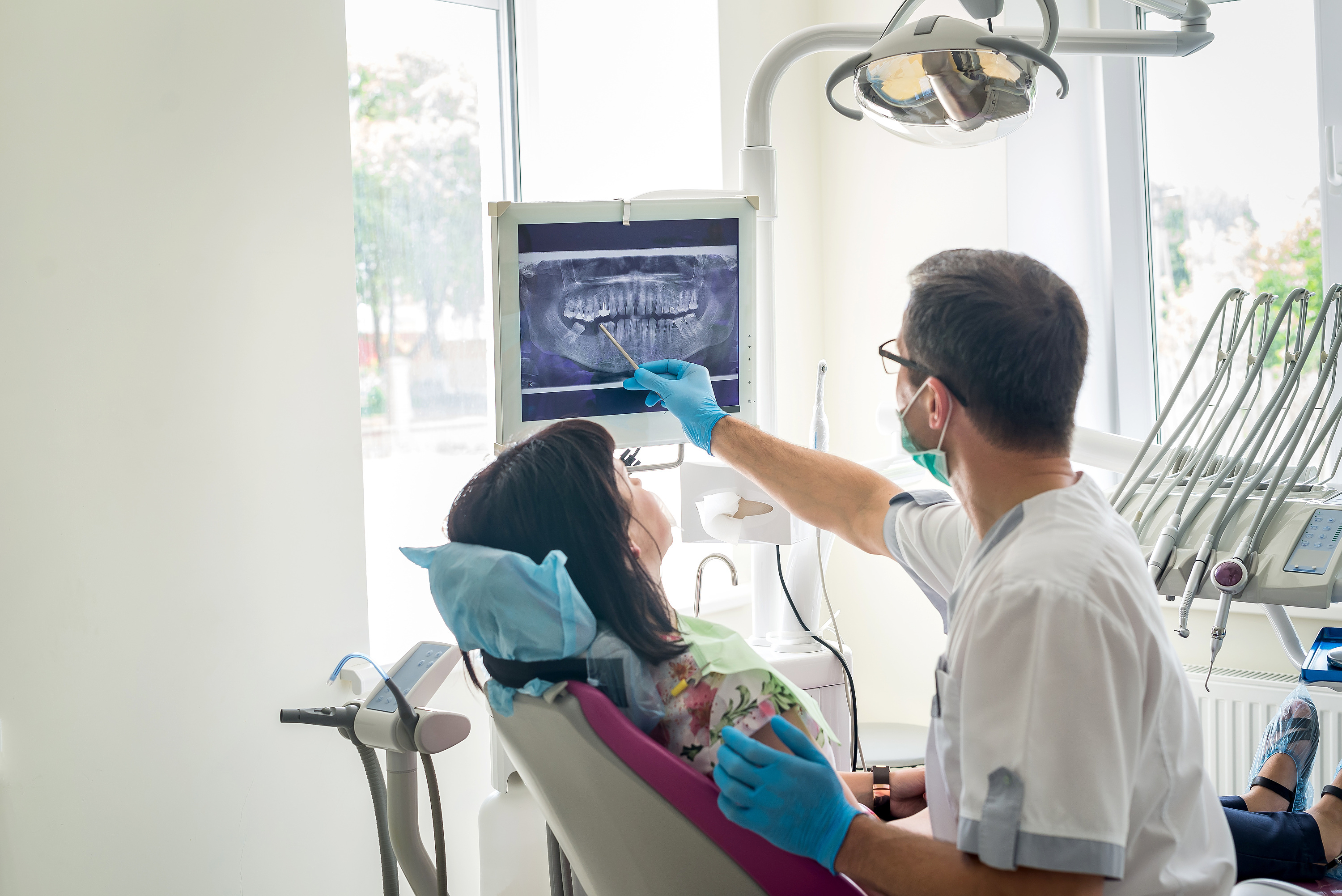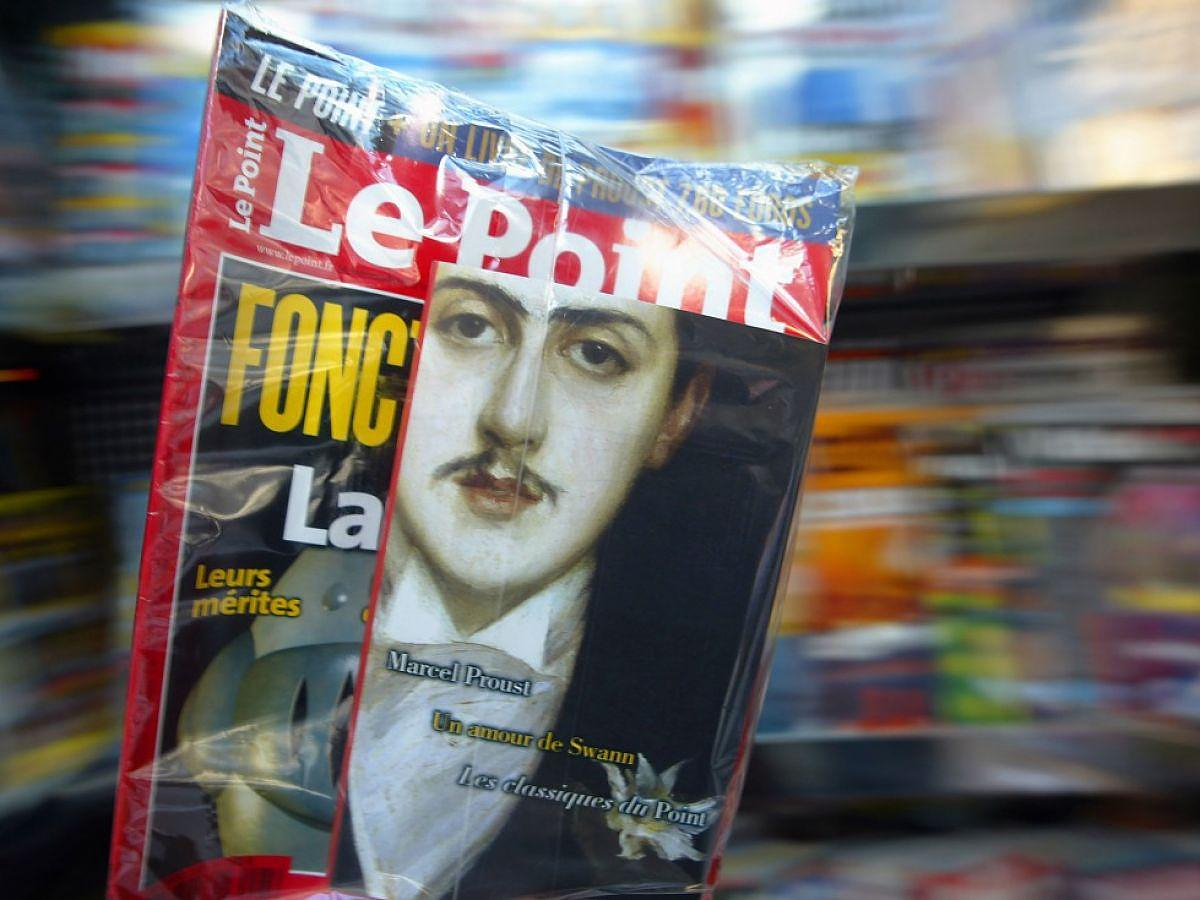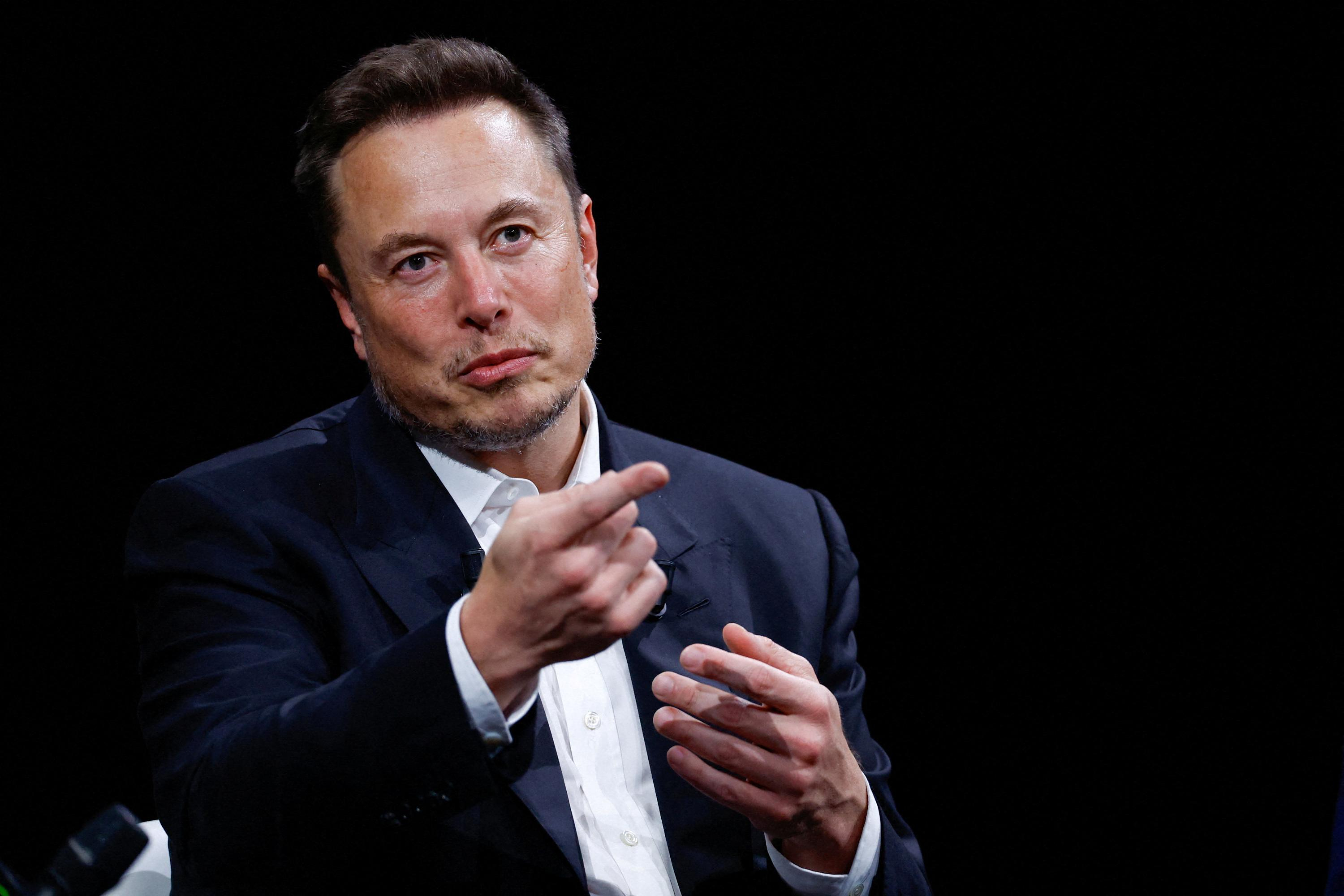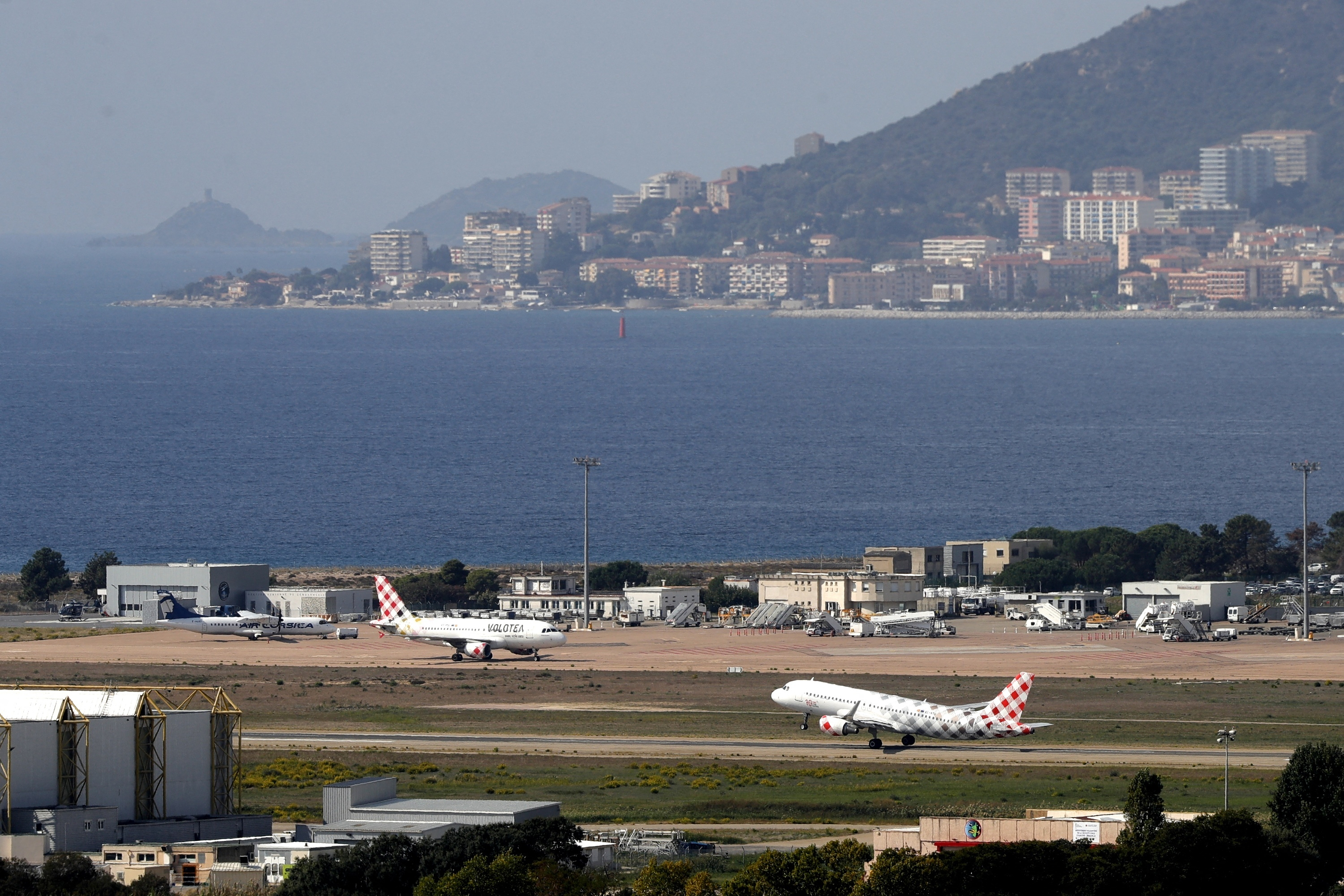Robinhood's app has helped millions of people invest and transformed the brokerage industry. All this while raising controversies that have lasted for less than eight years.
Robinhood Markets is selling 60.5 million shares of stock to three of its executives in an initial public offering. Trading will begin on the Nasdaq with the ticker symbol "HOOD"
The share was listed at $38 per share on Wednesday, which is the lowest end of its expected range from $38 to $42, possibly a sign that investors are not interested. The company's value is now close to $32 million, which puts it in line with V.F. and Stanley Black & Decker. Corp., which owns apparel brands such as Supreme streetwear and Timberland boots. Robinhood raised almost $1.9 billion through the deal. It plans to use this money to expand its business and pay for tax obligations.
It's still a significant moment for the rapidly-growing company, based in Menlo Park (California), which is reserving many shares for its customers and not just professional investors. Robinhood can convince them to accept its stock just like it helped a whole generation of investors trade stocks, options, and cryptocurrency.
These are some things you should remember before you jump on the biggest IPO this year.
___
WHAT MAKES A FREE SERVICE MONEY?
Robinhood's revenue increased by 245% to $959million last year. The revenue soared to $522 million in just three months, more than quadrupling the amount of the previous year.
Robinhood does not charge customers trading commissions and doesn't require them to have large balances. This is why Robinhood is so popular. It funnels investors' orders to large trading firms like Citadel Securities which takes the opposite side of the trade. This is where 81% of its revenue comes from in the first quarter. Robinhood also receives a payment.
Legislators and regulators have criticized the practice known as "payment for order flow." Experts warn that tighter regulation is not possible. Brokerages must make money, and Robinhood may not be able to get it through order flow payments. If that happens, Robinhood could return to charging trading commissions. Joshua Mitts is a Columbia University law professor.
___
WHAT IF THE TRADING BOOM FIZZLES
Robinhood's dependency on order flow could pose a problem, even if the payment is retained. Robinhood could get 75% of its revenue from transaction-based revenues in normal times. This is roughly three times the amount that some competitors receive, according to Tom Mason, senior research analyst with S&P Global Market Intelligence.
Robinhood predicts that its July-September quarter revenue will be lower than the April-June period when it saw revenue rise an estimated 124%-135%. Robinhood stated that it anticipates lower trading activity in cryptocurrency, especially in light of seasonality. This is a significant decrease from the 17% revenue generated in the first three months.
Robinhood customers may be less likely to use the app in the event of a fading pandemic, which could mean they have more time for other activities and can continue with their lives.
Robinhood has not always been a happy company. It has experienced some major outages and, in the beginning of this year, it barred investors from trading in GameStop. This was during maniacal movements in its stock that were the talk in the market.
___
TRUSTING CUSTOMERS AND INVESTORS
Robinhood has taken the unusual step to allow users of its trading app access to up to 35% of its IPO shares prior to they start trading. This is the largest amount of pre-IPO shares that can be purchased by retail investors in an underwritten offering. Matt Kennedy, senior IPO market strategist, Renaissance Capital, said this.
Ordinarily, institutional investors and company insiders are able to buy shares in companies prior to they go public. This means that ordinary investors are not eligible for the first day of the public offering. Renaissance Capital reports that the average U.S. IPO return was 14.5%, compared to the offer price at the beginning of the year. If you consider IPOs raising at least $100,000,000, the return is even better at 25%.
Kennedy believes that institutional traders are more likely to sell shares quickly than retail investors, increasing the risk of volatility in the first day. Robinhood, for its part, has warned that users who have sold IPO shares within 30 calendar days of the IPO are prohibited from purchasing shares in IPOs via Robinhood's platform. This restriction will last 60 days.

 His body naturally produces alcohol, he is acquitted after a drunk driving conviction
His body naturally produces alcohol, he is acquitted after a drunk driving conviction Who is David Pecker, the first key witness in Donald Trump's trial?
Who is David Pecker, the first key witness in Donald Trump's trial? What does the law on the expulsion of migrants to Rwanda adopted by the British Parliament contain?
What does the law on the expulsion of migrants to Rwanda adopted by the British Parliament contain? The shadow of Chinese espionage hangs over Westminster
The shadow of Chinese espionage hangs over Westminster What High Blood Pressure Does to Your Body (And Why It Should Be Treated)
What High Blood Pressure Does to Your Body (And Why It Should Be Treated) Vaccination in France has progressed in 2023, rejoices Public Health France
Vaccination in France has progressed in 2023, rejoices Public Health France Food additives suspected of promoting cardiovascular diseases
Food additives suspected of promoting cardiovascular diseases “Even morphine doesn’t work”: Léane, 17, victim of the adverse effects of an antibiotic
“Even morphine doesn’t work”: Léane, 17, victim of the adverse effects of an antibiotic Collection of booklet A stalls in March
Collection of booklet A stalls in March Kering expects a 40 to 45% drop in operating profit in the first half
Kering expects a 40 to 45% drop in operating profit in the first half Smartphones, televisions, household appliances… MEPs adopt a “right to repair”
Smartphones, televisions, household appliances… MEPs adopt a “right to repair” Fintechs increasingly focused on business services
Fintechs increasingly focused on business services The standoff between the organizers of Vieilles Charrues and the elected officials of Carhaix threatens the festival
The standoff between the organizers of Vieilles Charrues and the elected officials of Carhaix threatens the festival Strasbourg inaugurates a year of celebrations and debates as World Book Capital
Strasbourg inaugurates a year of celebrations and debates as World Book Capital Kendji Girac is “out of the woods” after his gunshot wound to the chest
Kendji Girac is “out of the woods” after his gunshot wound to the chest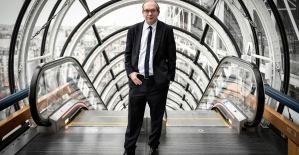 The Court of Auditors scrutinizes the management and projects of the Center Pompidou
The Court of Auditors scrutinizes the management and projects of the Center Pompidou Skoda Kodiaq 2024: a 'beast' plug-in hybrid SUV
Skoda Kodiaq 2024: a 'beast' plug-in hybrid SUV Tesla launches a new Model Y with 600 km of autonomy at a "more accessible price"
Tesla launches a new Model Y with 600 km of autonomy at a "more accessible price" The 10 best-selling cars in March 2024 in Spain: sales fall due to Easter
The 10 best-selling cars in March 2024 in Spain: sales fall due to Easter A private jet company buys more than 100 flying cars
A private jet company buys more than 100 flying cars This is how housing prices have changed in Spain in the last decade
This is how housing prices have changed in Spain in the last decade The home mortgage firm drops 10% in January and interest soars to 3.46%
The home mortgage firm drops 10% in January and interest soars to 3.46% The jewel of the Rocío de Nagüeles urbanization: a dream villa in Marbella
The jewel of the Rocío de Nagüeles urbanization: a dream villa in Marbella Rental prices grow by 7.3% in February: where does it go up and where does it go down?
Rental prices grow by 7.3% in February: where does it go up and where does it go down? Europeans: “All those who claim that we don’t need Europe are liars”, criticizes Bayrou
Europeans: “All those who claim that we don’t need Europe are liars”, criticizes Bayrou With the promise of a “real burst of authority”, Gabriel Attal provokes the ire of the opposition
With the promise of a “real burst of authority”, Gabriel Attal provokes the ire of the opposition Europeans: the schedule of debates to follow between now and June 9
Europeans: the schedule of debates to follow between now and June 9 Europeans: “In France, there is a left and there is a right,” assures Bellamy
Europeans: “In France, there is a left and there is a right,” assures Bellamy These French cities that will boycott the World Cup in Qatar
These French cities that will boycott the World Cup in Qatar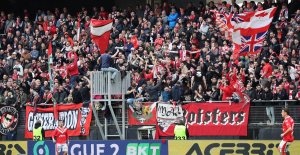 Football: VAFC supporters are ironic after their descent into National
Football: VAFC supporters are ironic after their descent into National Tennis: Carlos Alcaraz should play in Madrid
Tennis: Carlos Alcaraz should play in Madrid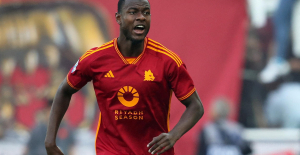 Football: victim of discomfort in the middle of a match in mid-April, Evan Ndicka will resume training with AS Roma
Football: victim of discomfort in the middle of a match in mid-April, Evan Ndicka will resume training with AS Roma Ligue 1: PSG almost champion, OM, shock for the C1… 5 reasons to follow an exciting evening
Ligue 1: PSG almost champion, OM, shock for the C1… 5 reasons to follow an exciting evening




